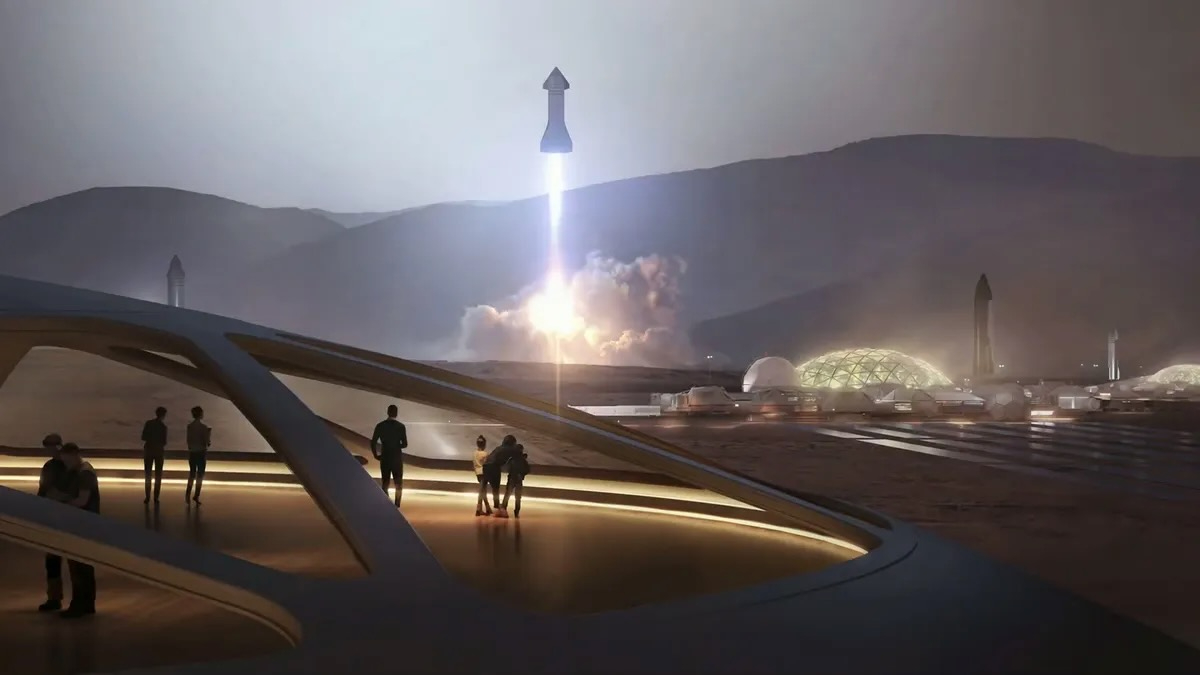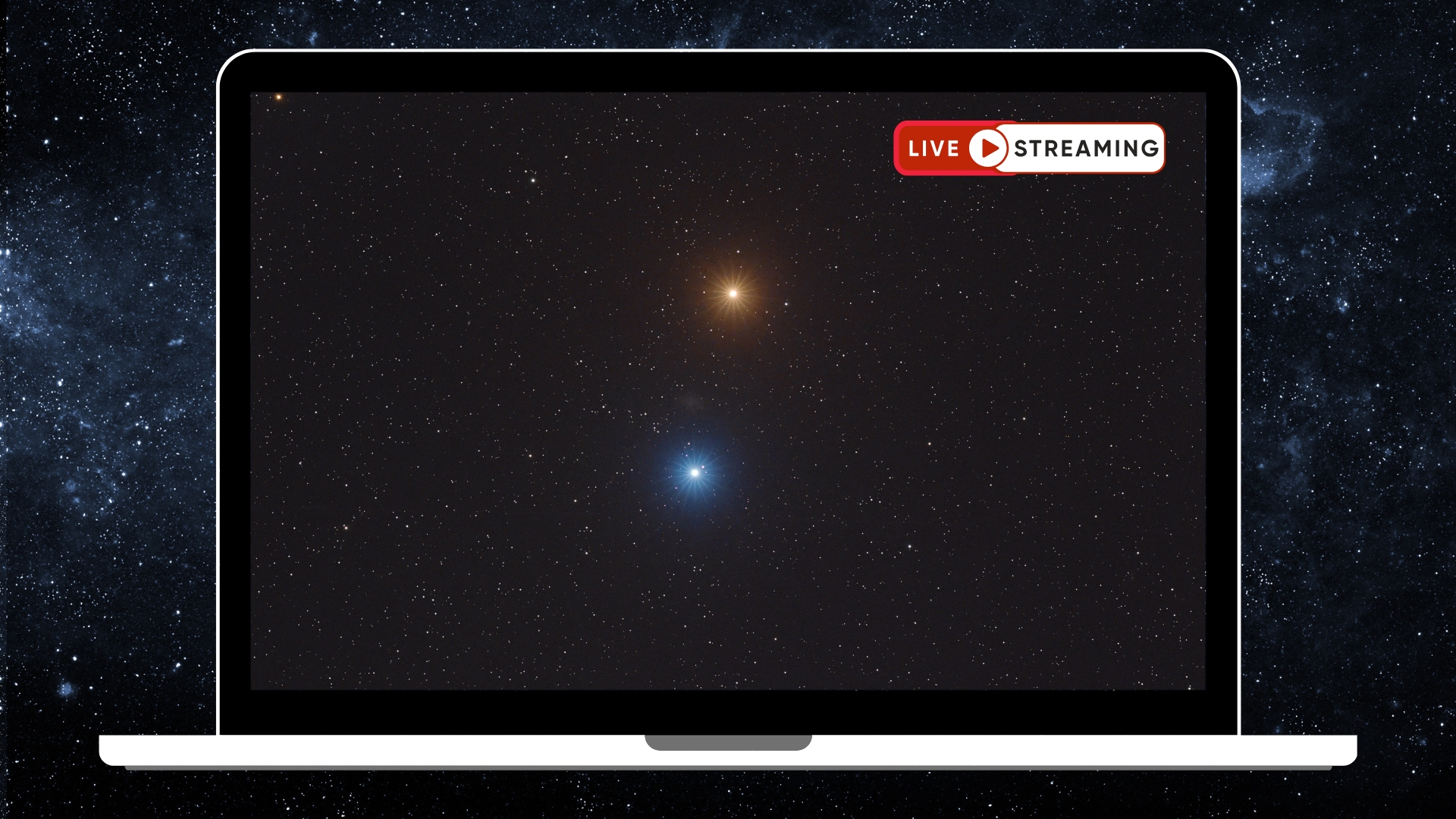
Elon Musk is taking the long view.
The billionaire SpaceX founder has long said that humanity needs to expand its footprint out into the solar system — specifically to Mars, which is the most suitable and reachable target — so that we won't go extinct if something bad should happen to Earth.
That "if" only applies in the short term, however; over the very long haul, something bad will definitely happen. The sun is getting brighter and hotter as it ages, and a few hundred million years from now, this increased energy influx will strip off Earth's atmosphere and boil our oceans away. That will probably be the end for life as we know it. The coup de grace will come some five billion years from now, when our expanding red giant sun engulfs and incinerates poor little Earth.
Musk referenced this sorry fate in a recent interview with Fox News host Jesse Watters, who asked the world's richest man why he's so fixated on the Red Planet.
"That's one of the benefits of Mars, is life insurance for life collectively," Musk told Watters in the interview, which Fox News aired yesterday (May 6). "So, eventually, all life on Earth will be destroyed by the sun. The sun is gradually expanding, and so we do at some point need to be a multiplanet civilization, because Earth will be incinerated."
Musk — who leads the Trump administration's cost- and regulation-cutting Department of Government Efficiency — estimated that we have about 450 million years "before it gets so hot that life is impossible."
That's a pretty long runway for SpaceX to complete the development and testing of Starship, the fully reusable megarocket that Musk thinks will make Mars settlement economically feasible.
Breaking space news, the latest updates on rocket launches, skywatching events and more!
Starship, the biggest and most powerful rocket ever built, has flown eight times to date and twice this year so far. Both of the 2025 test missions, which launched in January and March, respectively, were partially successful. Starship's huge first stage booster, Super Heavy, performed well, but the vehicle's Ship upper stage exploded less than 10 minutes into flight.
SpaceX is currently gearing up for Starship's next launch; the company has already test-fired the engines of the Super Heavy and Ship that will make Flight 9. But no target date has been announced.
Join our Space Forums to keep talking space on the latest missions, night sky and more! And if you have a news tip, correction or comment, let us know at: community@space.com.

Michael Wall is a Senior Space Writer with Space.com and joined the team in 2010. He primarily covers exoplanets, spaceflight and military space, but has been known to dabble in the space art beat. His book about the search for alien life, "Out There," was published on Nov. 13, 2018. Before becoming a science writer, Michael worked as a herpetologist and wildlife biologist. He has a Ph.D. in evolutionary biology from the University of Sydney, Australia, a bachelor's degree from the University of Arizona, and a graduate certificate in science writing from the University of California, Santa Cruz. To find out what his latest project is, you can follow Michael on Twitter.
You must confirm your public display name before commenting
Please logout and then login again, you will then be prompted to enter your display name.
